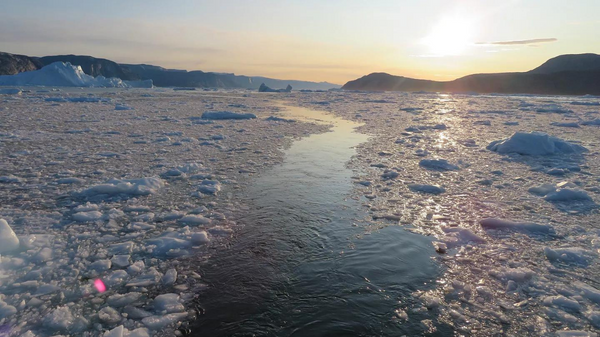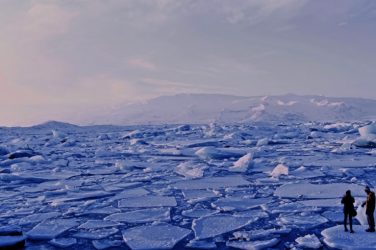The University of Alaska Fairbanks has found statistically significant increases in precipitation on the order of 10% to 15% since 1950.
However, scientists hadn’t identified any trends in the amount of snow, rain, and freezing rain across the region for a long time, but now the situation is changing: it is getting wetter everywhere in all seasons, with a shift from snow to rain at the fringes of the Artic where the temperatures are highest.
According to the 2022 Arctic Report Card, an annual publication from the US National Oceanic and Atmospheric Administration (Noaa), October 2021 to September 2022 was the 3rd wettest year of the last 72 years.
Freezing rain is becoming a bigger issue. Fairbanks, Alaska’s second-largest city, has recently experienced a 35mm downfall. The ice layer that’s left behind makes roads more hazardous, causing difficulties for foraging wildlife until the spring thaw comes.
Furthermore, there are other complications, such as the rapid melt of heavier amounts of snowfall, which leads to flooding.
«The infrastructure that’s in place, the drainage systems in the villages, in urban areas, is designed for the past», said Prof John Walsh from University of Alaska Fairbanks. «And as we get new extremes of precipitation then the infrastructure is not going to be able to handle everything that’s falling».
If the temperatures are warmer, more moisture is evaporating from the ocean, which will eventually precipitate out and show up as snow or rain. In addition, the higher temperatures are also melting the sea-ice cover, exposing more ocean to evaporation, leading to further precipitation.









Show Comments